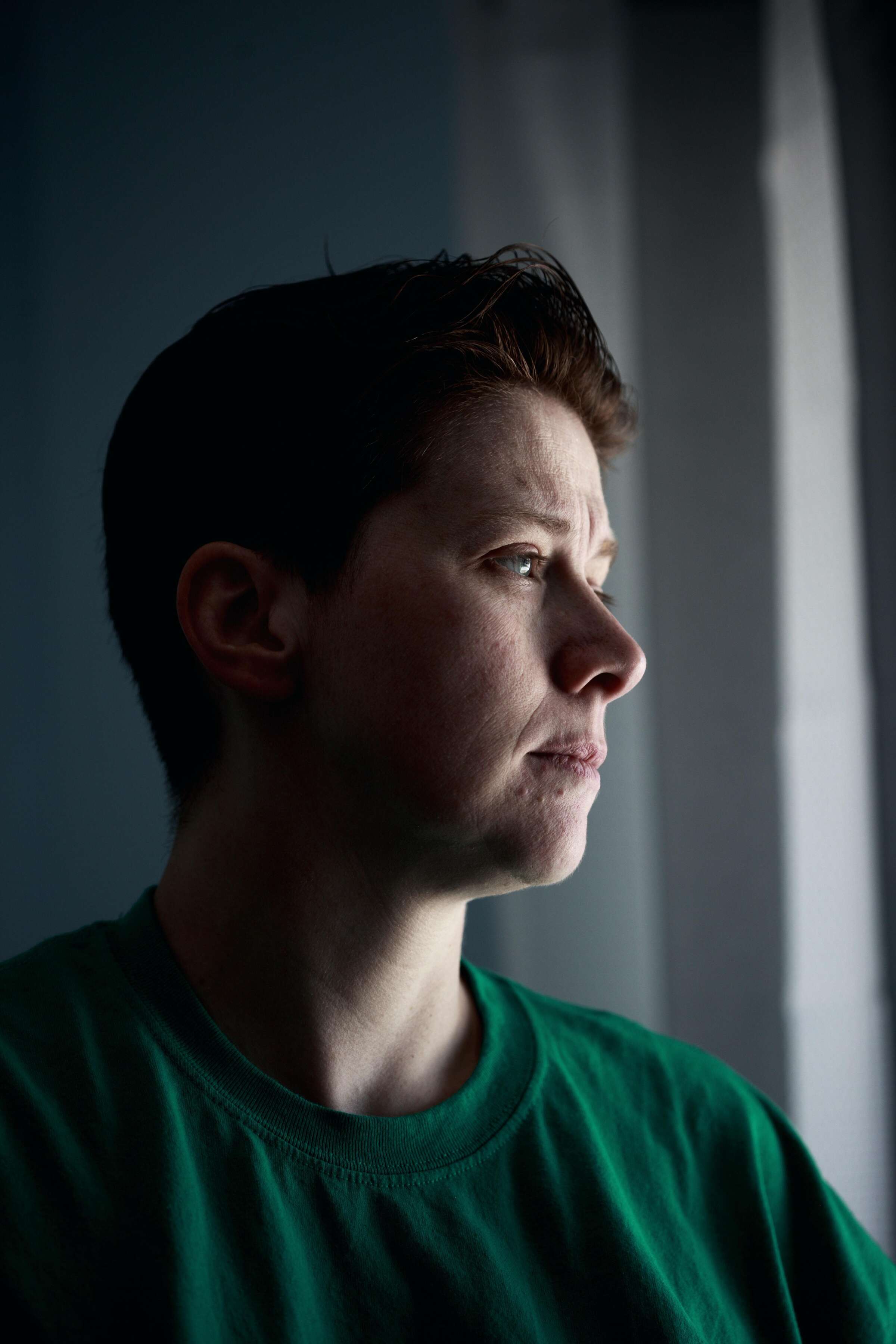Gender identity
The Bible is full of accounts that depict people doing their best to serve God, sometimes these people do so brilliantly, and at other times they fail and need to try again. What is clear in Scripture is that the ability to do well, or to fail, is not dependent on the gender of that person. In fact, whilst there are noticeably far more men directly described in the books of the Bible, it was often women who were present and active in the fundamental moments of our faith story.
Historically, the church has maintained a separation between men and women, often with women as secondary to male headship under Christ. This teaching across Christendom played a fundamental role in the restriction of women’s rights outside of the church as well.
the Bible does not contain obvious examples of those we would consider to be transgender today.
However, over the course of the last century, Christian denominations have begun to look again at the issue of gender and have asked questions that has led to many churches now ordaining and enabling women to serve as clergy, as well as more broadly no longer defining their roles based on gender. This is not the same for all Christians, many of whom would retain a “different but equal” theology, citing the creation narratives in Genesis as an example of the complementarian natures of maleness and femaleness.
Yet, still times continue to change. Awareness of those who identify as transgender (those who have a gender identity or gender expression that differs from their sex assigned at birth) has grown in society, and their rights and freedoms are expanding around the world. In a Christian context, the shift in culture around traditional gender roles has also begun to open the door to further dialogue on the nature of gender identity itself.
A note on language: in recent history, transgender people were often referred to as “transsexuals”. Whilst this word is still used by some transgender people, it is now largely considered to be a clumsy word that can cause offence. It should also be noted that transgender is not a noun, but an adjective, so it would be inappropriate to describe a group of trans people as “transgenders”.
It would be impossible to categorise all transgender people in a succinct and homogenous way, and it is therefore unreasonable to say: “all trans Christians believe…”, or “Christians believe that all trans people are…”. It is also particularly challenging to articulate Christian thought on trans issues, as the Bible does not contain obvious examples of those we would consider to be transgender today. Some academics suggest that the closest that the experience of eunuchs in the Bible offer some parallels to modern day transgender experience, but this is not a flawless analogy.
Continued below...

Trans identity encompasses a broad spectrum of expression, including: those who medically transition to the gender opposite to which they were assigned at birth, those who use different pronouns (including they/them) to describe themselves, those who are non-binary (a spectrum of gender identities that are not exclusively male or female), as well as many others. Many trans people would also differentiate between those who are intersex and those who are trans. Intersex people are those born with any of several variations in sex characteristics and therefore do not fit the conventional definitions of male or female bodies.
The pastoral concerns for trans people should not be underestimated, and churches can play a vital role in supporting an often marginalised and isolated group of people. In the UK, the “transition process” (the journey in which an individual considers again their gender identity and how it is expressed) is challenging, as statutory support is limited, and the socio-cultural context is challenging. Hate-crime against trans people is especially high, and the lack of solid and rigorous public education on trans identity and experience contributes to a harmful environment.
And the Word became flesh and lived among us, and we have seen his glory
As conversations around trans identities develop, some Christians have also begun to question traditional teaching on how gender ought to define people. Christian teaching is that people are created in the image of God, and that this is good. However, the Bible also teaches that Christians worship a God who appears to humans in a variety of ways:
As the Son of God made flesh in John 1:14: “And the Word became flesh and lived among us, and we have seen his glory, the glory as of a father’s only son, full of grace and truth.”
As a mother hen who tends to her chicks, in Luke 13:34: “Jerusalem, Jerusalem, the city that kills the prophets and stones those who are sent to it! How often have I desired to gather your children together as a hen gathers her brood under her wings, and you were not willing!”
In Jewish tradition, the Spirit of God is also often referred to in the feminine, for example in Genesis 1:2 where scholars have noted that it could be legitimately translated from the Hebrew as: “the Spirit of God, she was hovering over the face of the waters…”.
Some Christian academics and theologians then contend that if there is space to “understand again” the nature of God, then there is space to do so with our own human nature too.
Like sexuality, gender identity within Christian denominations remains fervently discussed, often with polarising outcomes. It is important to remember that regardless of theology, these issues impact real people and so our words and deeds ought to reflect that.

Harry Potter and Christianity

King Charles III - Faith and beliefs

